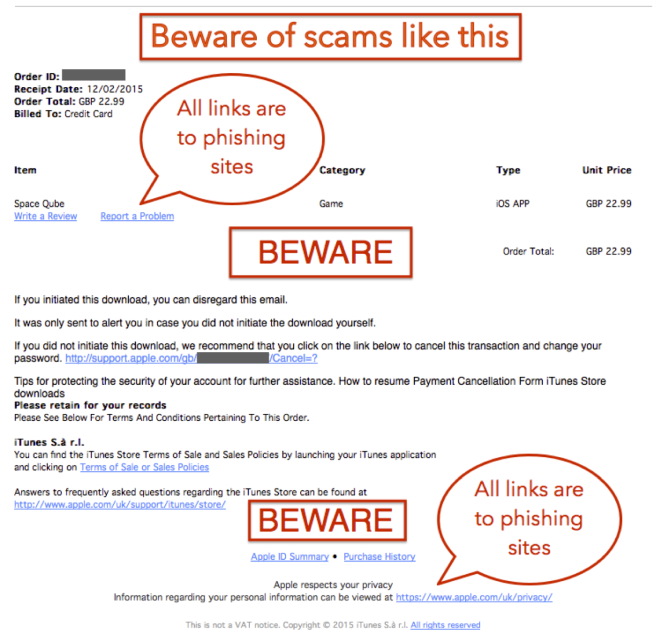
SCAMWATCH IS warning Australian small businesses to beware of an invoice email scam seeking payment re-direction.
The scam involves scammers pretending to be legitimate suppliers advising changes to payment arrangements. It may not be detected until the business is alerted by complaints from suppliers that payments were not received.
How these scams work
- Scammers hack into vendor and/or supplier email accounts and obtain information such as customer lists, bank details and previous invoices.
- Your business receives an email, supposedly from a vendor, requesting a wire transfer to a new or different bank account.
- The scammers either disguise their email address or create a new address that looks nearly identical. The emails may be spoofed by adding, removing, or subtly changing characters in the email address which makes it difficult to identify the scammer’s email from a legitimate address.
- The email may look to be from a genuine supplier and often copy a business’s logo and message format. It may also contain links to websites that are convincing fakes of the real company’s homepage or links to the real homepage itself.
- The scam email requests a change to usual billing arrangements and asks you to transfer money to a different account, usually by wire transfer.
- The scam may not be detected until the business is alerted by complaints from legitimate suppliers that they have not received payment.
Protect yourself
- Make yours a ‘fraud-free’ business – effective management procedures can go a long way towards preventing scams. Have a clearly defined process for verifying and paying accounts and invoices.
- Consider a multi-person approval process for transactions over a certain dollar threshold.
- Ensure your staff are aware of this scam and understand how it works so they can identify it, avoid it and report it.
- Double check email addresses – scammers can create a new account which is very close to the real one; if you look closely you can usually spot the fake.
- Don’t seek verification via email – you may be simply responding to the scammer’s email or scammers may have the capacity to intercept the email.
- If you think a request is suspicious, telephone the business to seek verification of the email’s authenticity.
- Don’t call any telephone number listed in the email; instead, use contact details that you already have on file for the business, or that you have sourced independently – for example, from a telephone directory.
- Don’t pay, give out or clarify any information about your business until you have looked into the matter further.
- Check your IT systems for viruses or malware – always keep your computer security up-to-date with anti-virus and anti-spyware software and a good firewall.
Report
You can report scams to the ACCC via the Scamwatch report a scam page.
You should also spread the word to your colleagues.